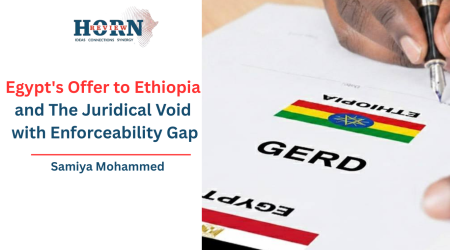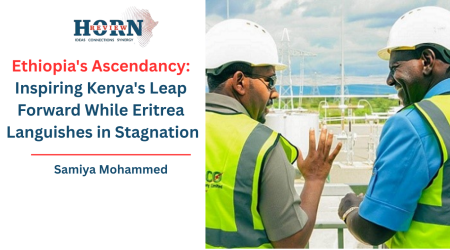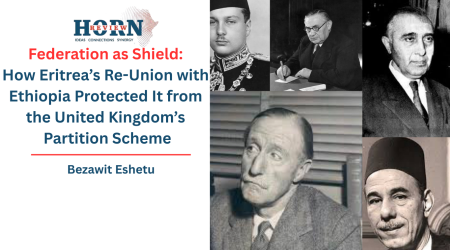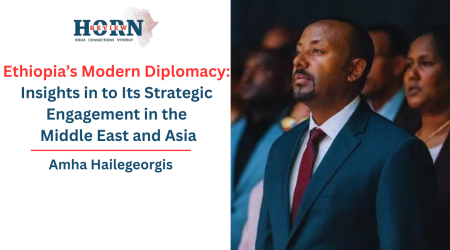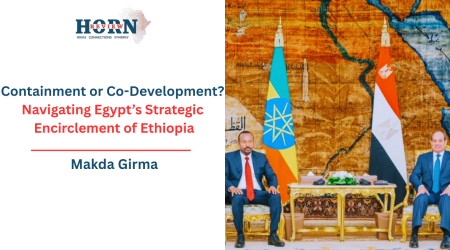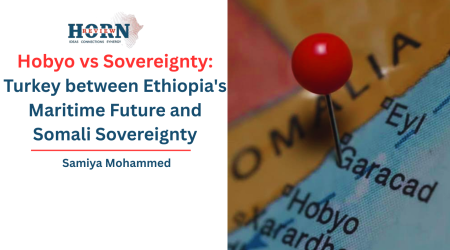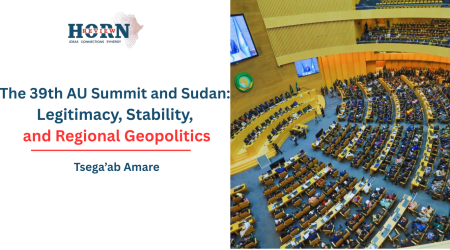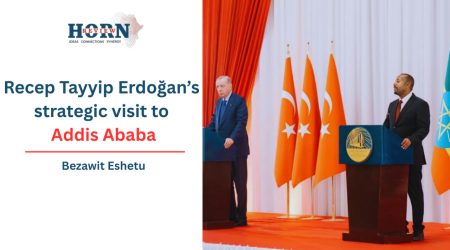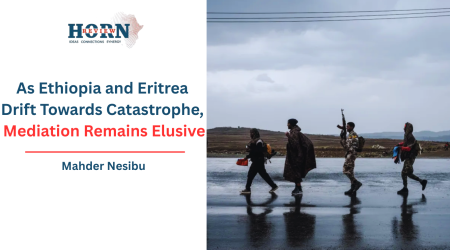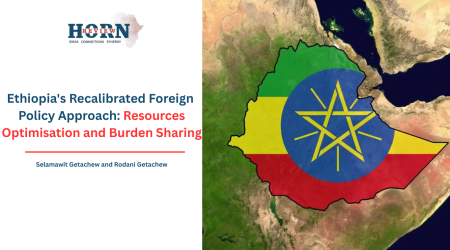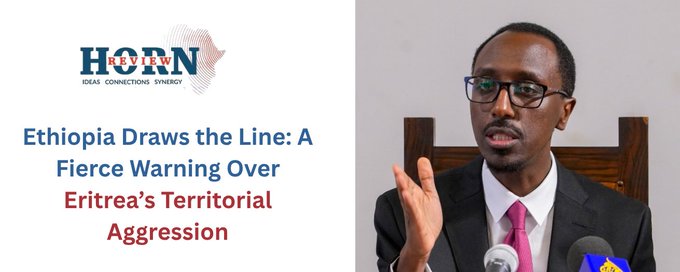
15
Nov
Ethiopia Draws the Line: A Fierce Warning Over Eritrea’s Territorial Aggression
Amid rising tensions in the Horn of Africa, Ethiopia is stepping up its calls for a more assertive international response to what it describes as repeated violations of its territorial integrity by Eritrean forces. Speaking at a Foreign Policy Forum organised by Horn Review and Addis Ababa University, Foreign Minister Dr. Gedion Timothewos has urged the global community to respond with clarity, stressing that silence or neutral language only fuels instability and emboldens actions that jeopardize regional peace.
In his remarks, Dr. Gedion argued that Ethiopia cannot be expected to exercise indefinite restraint while Eritrea continues what he termed “spoiler” behavior. For Ethiopia, the issue is not merely an isolated military concern but a broader challenge to the principles of sovereignty and the norms governing relations among states. He warned that allowing incursions or provocations to pass without firm condemnation sets a dangerous precedent – not only for Ethiopia, but for the international system more broadly. Ethiopia, he emphasized, seeks not favoritism but consistency in how countries respond to territorial violations, regardless of who perpetrates them.
Dr. Gedion also drew attention to the importance of public diplomacy in shaping global understanding of the unfolding situation. In an era where narratives rapidly influence policy debate and diplomatic engagement, he argued that Ethiopia must continue communicating proactively and transparently. Ensuring that the international community has a clear picture of facts on the ground is essential, particularly when misinformation or deliberate obfuscation can distort perceptions and weaken coordinated responses. The struggle, he suggested, is not only over borders but over narrative credibility and the framing of events.
While reiterating Ethiopia’s readiness to pursue peaceful avenues, Dr. Gedion highlighted a core structural challenge: Eritrea’s limited institutional capacity for formal, sustained negotiations. The absence of robust governmental and diplomatic institutions on the Eritrean side complicates attempts to create predictable, accountable channels for dialogue. According to him, the difficulty is not solely a matter of political will – though that too remains uncertain – but the lack of mechanisms within Eritrea that can support long-term diplomatic engagement. This asymmetry, he noted, hampers conflict resolution and makes the peace process inherently fragile.
Ethiopia’s recent diplomatic posture reflects a shift toward firmer expectations of international accountability. Addis Ababa appears determined to maintain its commitment to peaceful solutions while insisting that violations of sovereignty be met with unified and unequivocal condemnation. Whether the global community responds with the clarity Ethiopia seeks will likely shape the next phase of regional stability. In a region where minor provocations can quickly escalate, the coming period may prove decisive not only for Ethiopian-Eritrean relations but for the broader dynamic of peace and security in the Horn of Africa.
By Horn Review Editorial

